Passion
What it is
This is a vulnerable and desperate state where we’ll gladly do the grunt work of an organization or even participate in a group whose theory of change we disagree with (or don’t know).
What it’s like
I remember that my initial attitude was that I wanted to be a warm body. You know, I'll go, I'll hold the signs, I'll do the chants, I’ll do the marches. It seemed like it required the least amount of effort and capability, because I wasn't sure what I was capable of, and I was a little bit nervous. And I was attending those monthly ARCPDX meetings regularly. And during the meetings, they announced that there was a need for organizing.
Isaac Farias
“It was so profound that I was like, I can't not do this. I need to keep doing this… And I was like, ‘You know, I'm retired, so I'm a body- use me… It just kind of snowballed. The community and the connections were just amazing.”
Tony Hoppe
“From then on, when things came up, I was always trying to get involved with it- different protests or actions or demonstrations. It just felt like the right thing to do, being a voice for the animals.”
Tanaka Granberry
“After that, it became so simple and obvious to me, because I was so naive… ‘All I have to do is tell people, and everybody will change.’”
Cordelia Stone
“I innocently innocuously thought well, … once you all see what I've learned then you'll go vegan too- you'll be a voice for animals too… obviously, that couldn't have been further from the case. And that was heartbreaking.”
Dani Rukin
“I'm like, ‘I have to tell the world about this. I need everyone to know.’ So I searched around in Phoenix to find activism. I couldn't find anything at the time. And then I just got a group of friends together and we protested a Dolphinarium that was in Scottsdale before. And then a few months later, I discovered Phoenix Animal Save and DxE Phoenix had just started. So as soon as I joined them, I was stuck with them.”
Anonymous
“None of those groups that popped up- nobody emailed me back. So I'm just like, ‘Nobody's doing activism here. Oh my God, I should just start doing it!’ I don't know why- I think I was just angry. And I felt helpless and wanted to do something about it.”
Nisha Kumar
“My first impression was like, ‘Wow, these guys are really cool. Like, they know what they're doing. Like, I'm just showing up. I hope they don't think I'm a weirdo or a rando, because I don't know any of them.’ But it's like, ‘hey, I want to do this, too… Whatever they say, I'm gonna do.’ I just wanted to learn as much as I could from them. And I was just really impressed with the depth of their knowledge of activism”
Anonymous
“Looking back at the beginning, I don't know how the hell I was doing all the stuff I was doing. Like I had unlimited energy… It caused a lot of strain on my prior relationships. But to me, it was worth it. I just wish I would have approached it a little bit differently back then.”
Nisha Kumar
“I definitely practiced my activism unsustainably at the beginning, I was just totally into doing anything. It was all awesome.”
Matthew Cooper
“I was always trying to find more- anything else to achieve or something else to try. … I want to learn about the thing. It's exciting to navigate this organization.”
Christina Liu
“[The organizer is] very friendly, super warm. She would identify people, and she would know what you were really good at, and she would encourage you to do that. She would be like, ‘Oh, you like drawing! You should make all of our signs next time!’ or ‘You should lead our sign making workshop…’ She was very good at seeing people with their talents and guiding them into work with the organization in some way.”
Anonymous
“I would do a speak out or I'd lead chants and then I'd say, ‘Who hasn't done it before that just thinks you can't do it?’ like right in the middle sometimes- you gotta catch them right then because if you say to sign up to do a thing they're not going to.”
,
Dani Rukin
“There was a time where I was probably putting a little bit too much work into it, a little bit too much time spent every single day… I was starting to feel really burnt out. I also felt like there was kind of a sense within the little organizer cluster of us that we weren't doing enough. And in reality, we had ramped up our efforts quite a bit. We were doing protests at least once a week, if not twice a week, which is a lot for a spread out city to do.”
,
Cameron Mehta
“One vigil…there was a lot of a low feeling, down feeling because we didn't see any trucks at all. At the end of the vigil, during the debrief, Connie [Pearson]’s like “See, look!” She turned it into a positive. She told the people attending, “that means that we're having an effect.” I forgot exactly what she said but she made it feel good. She had that kind of a quality, just good with words and making people feel good about anything.”
,
AJ Jivdaya
“I think a lot of activism stuff has one of those secret silver linings, where even if something fails, sometimes it can inspire other people to do it right or do it better.”
,
Amber Canavan
“It feels like it's all worth it, all of the stress, everything is all worth it. So I take the little achievements, the little bright spots, and I try to maximize them, and I remember them.”
Naomi Davis
“I think she saw that I wanted to lead things. I've always had very strong ideas of what we should be doing. And I was very quick to see if something wasn't working. So I think she appreciated that. She had the mind of someone who wanted people to be able to pick apart what we were doing and make it better.”
Anonymous
“That was my entry, and I just started ramping up more and more events. I think I was just like, ‘I want to see animal liberation.’ So I'm just gonna do as many different campaigns as I can until we achieve it.” ,
Isaac Farias
“We were like, ‘We'd love to help out, whatever you guys need.’ And then I learned that they were wanting to retire and step back. And that was a great opportunity. I was like, ‘I can help out with that.’”
Naomi Davis
Sometimes I was sort of the person who stepped up when a previous organizer stepped down… and then there would be a vacuum. And I'd be like, ‘Well, I don't want this to just stop. So I guess I'll do this, even though I don't really want to.'
Anonymous
I think I was coming in during a time that some people were getting burned out. So I offered to take over as an organizer for AV at that time, and then also for the Save Movement.
Nisha Kumar
Dani Rukin… needed someone to bring the signs. I just helped bring materials. So I wasn't the main organizer, but I loved it. I was like, ‘Yeah, anything I can do.’ It felt good to be included in any way that I could.
Sasha Zemmel
There are just so many ways to get people involved. Even if it's printing out the chant sheets and bringing the signs.
Dani Rukin
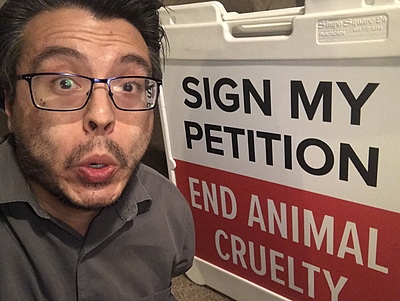

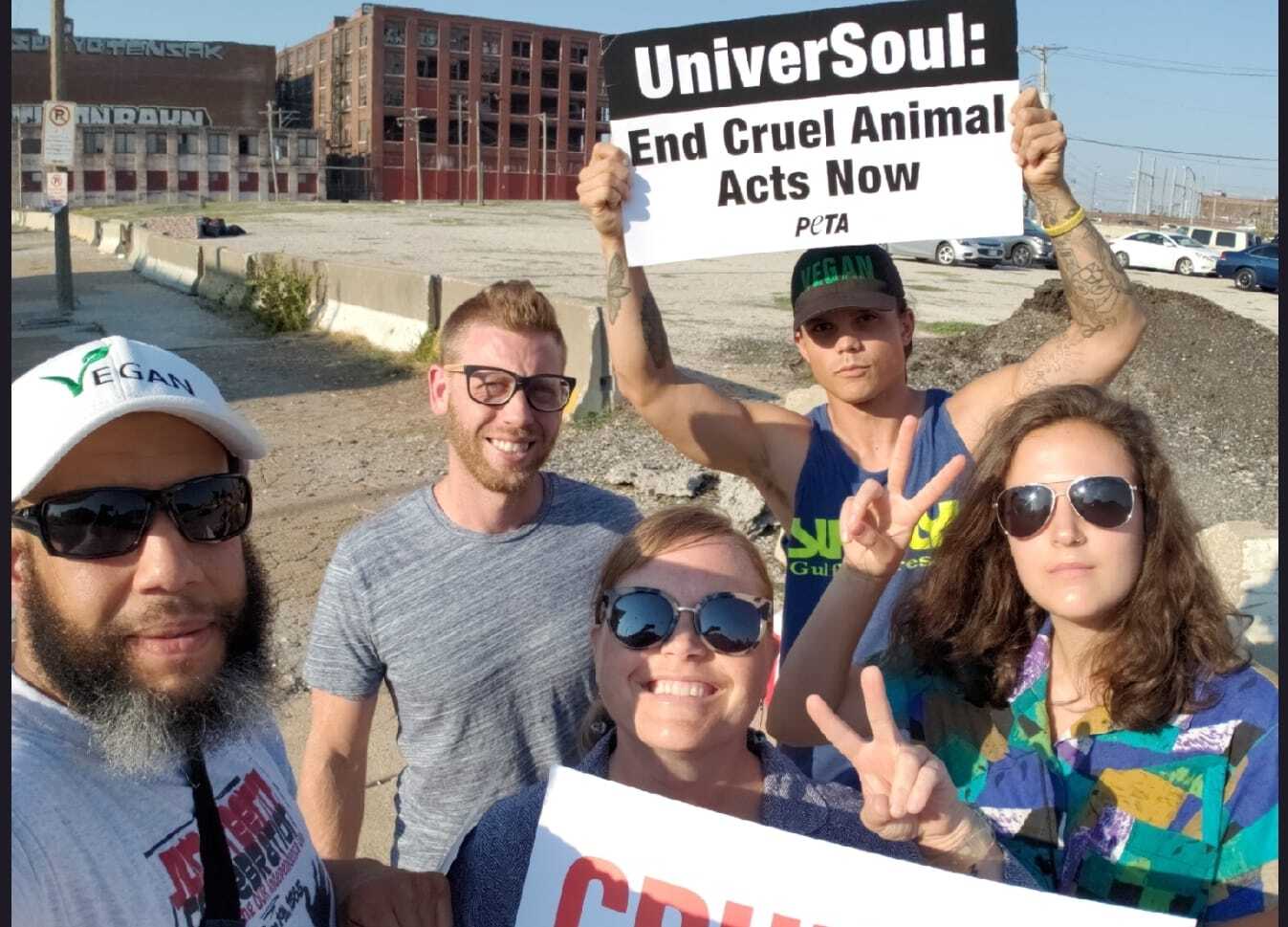
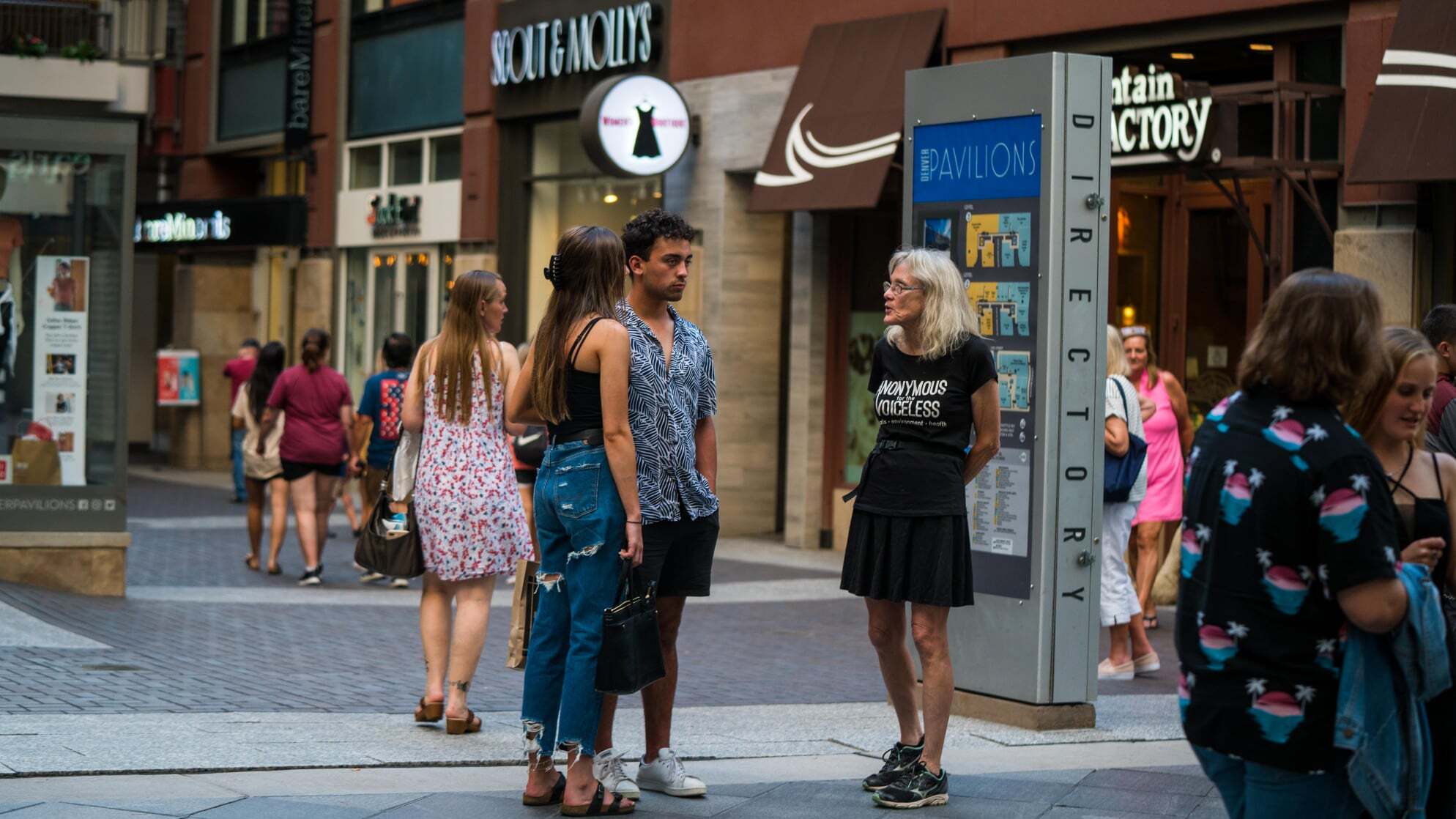

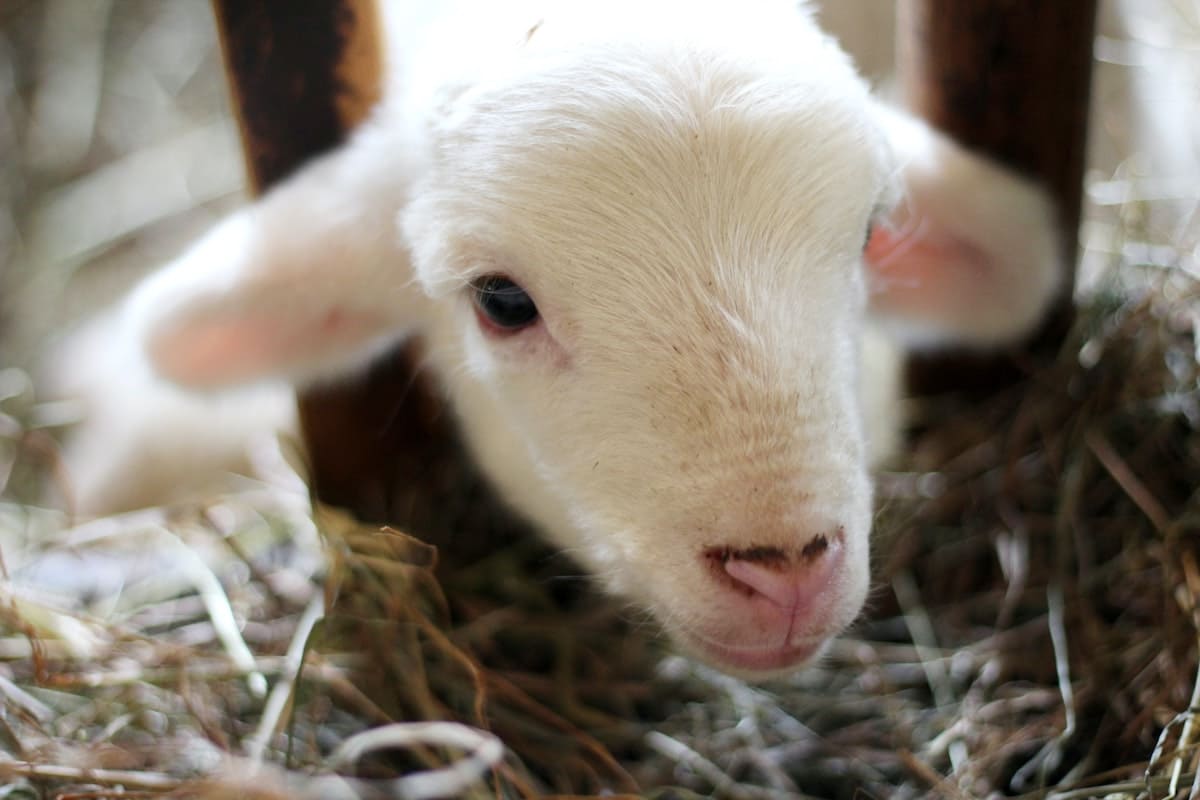
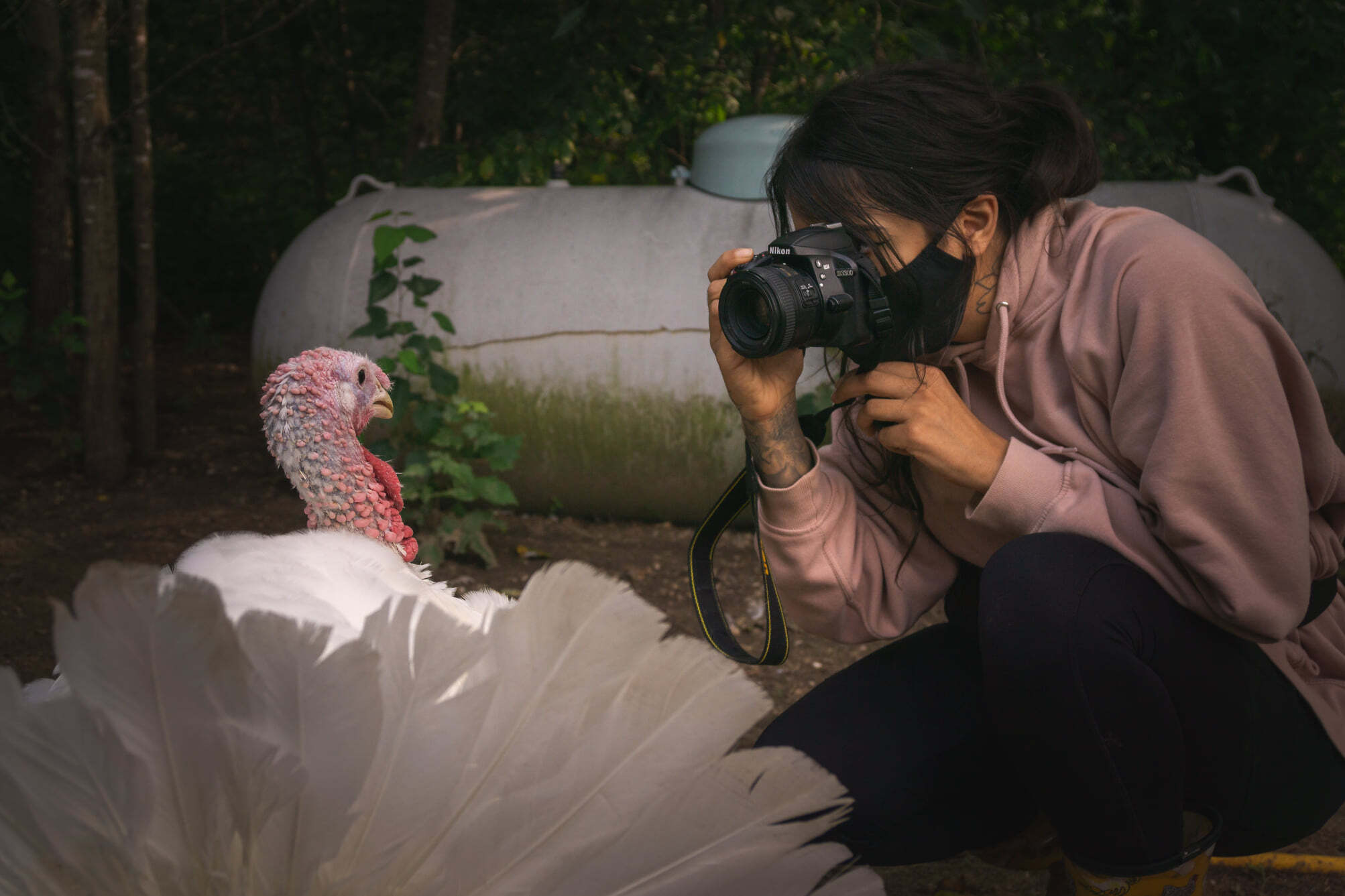
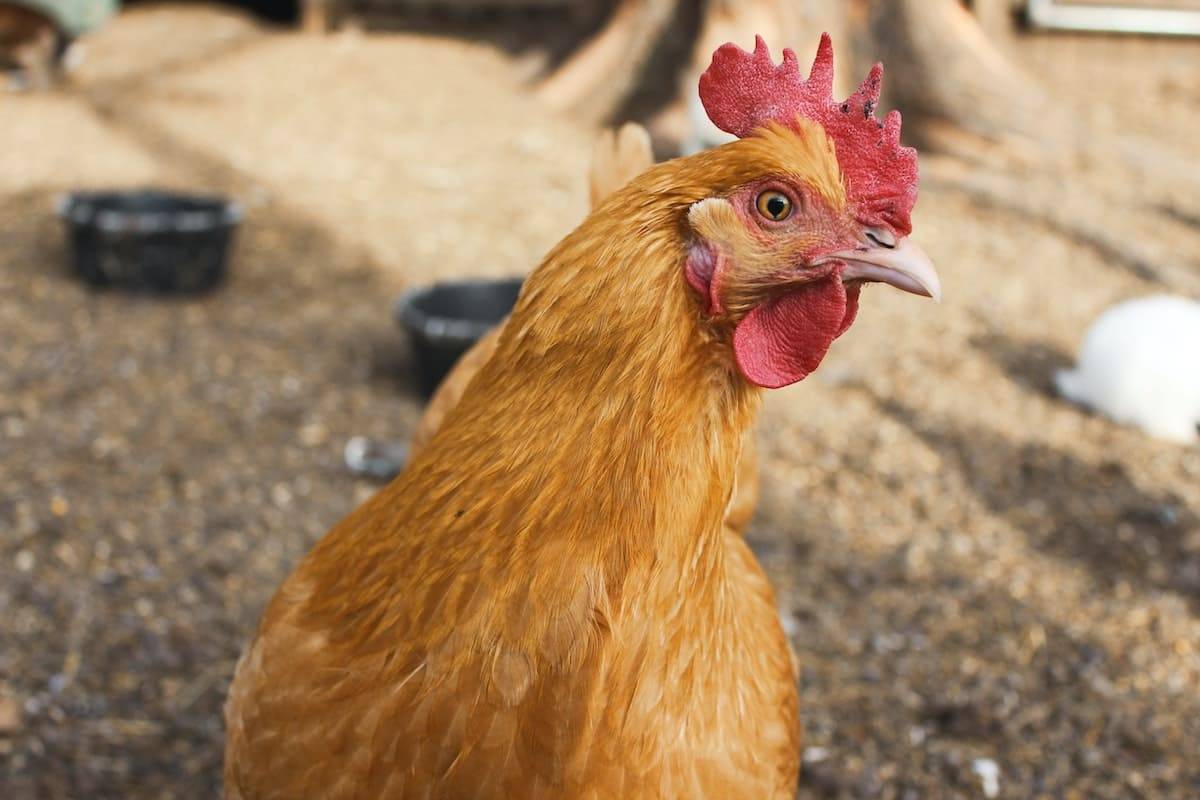


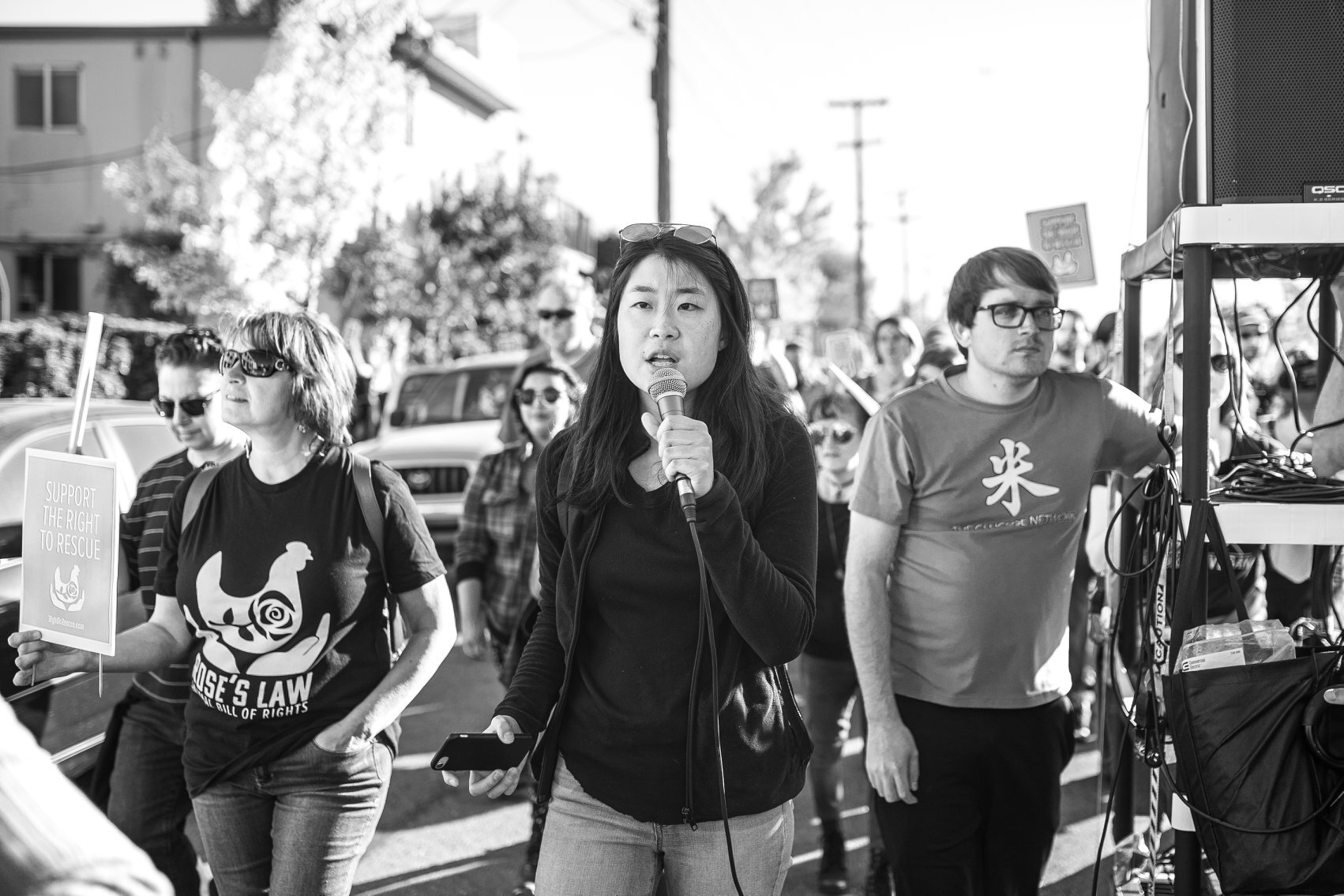
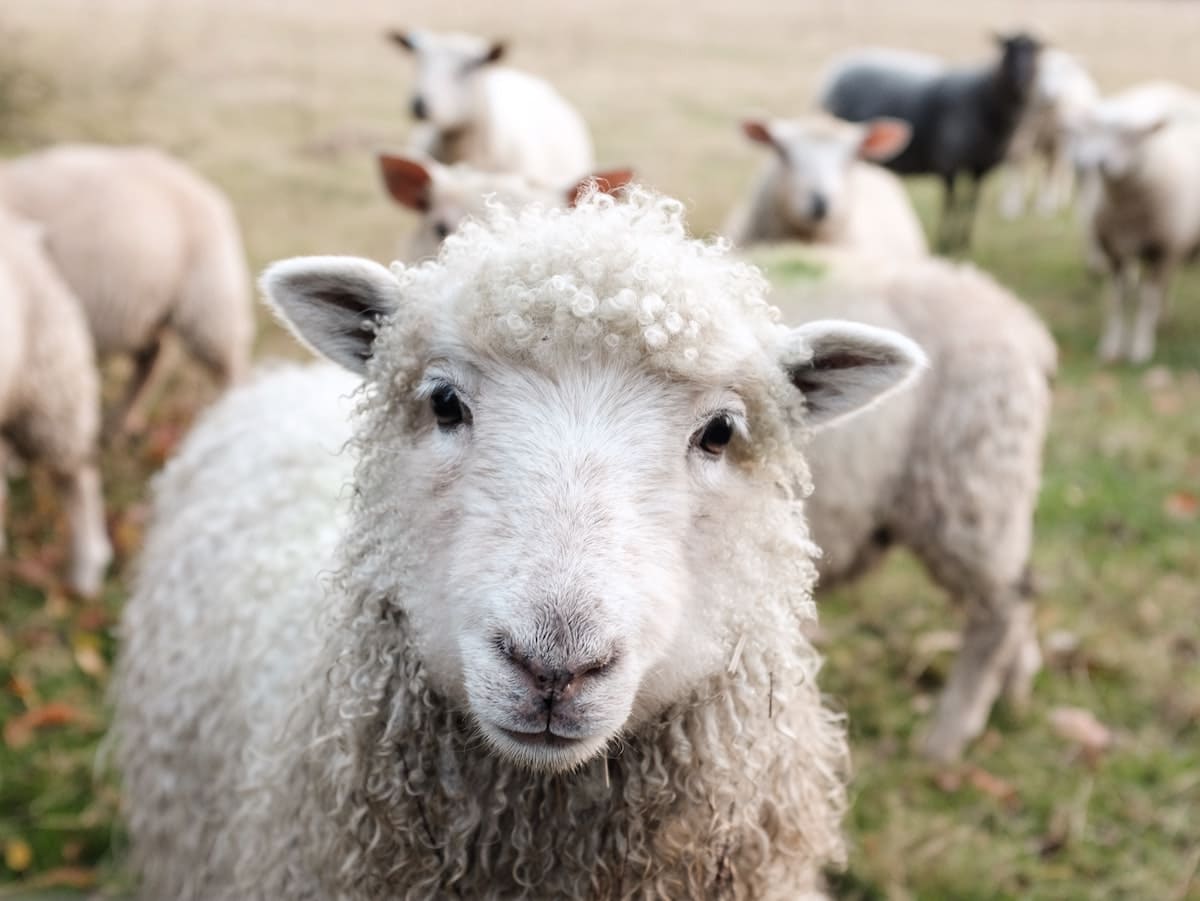

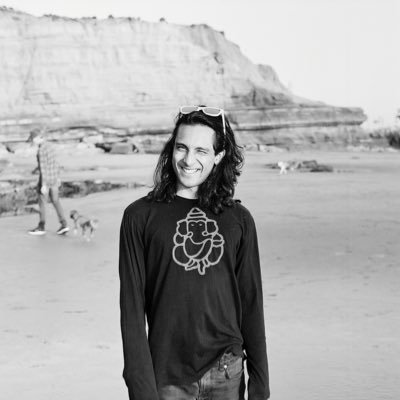

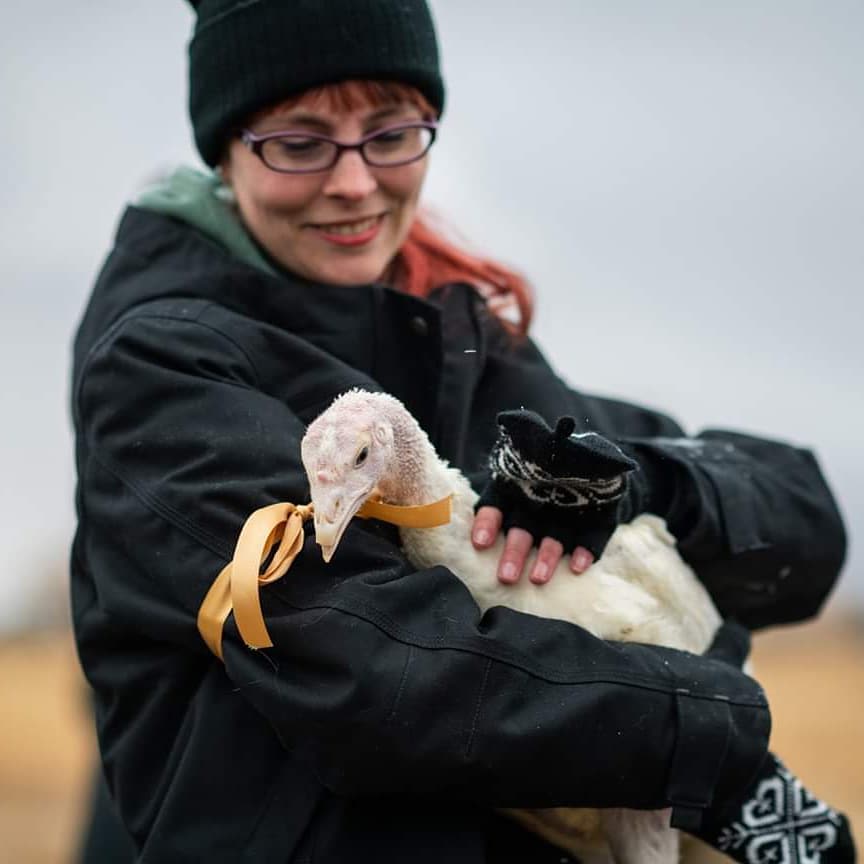
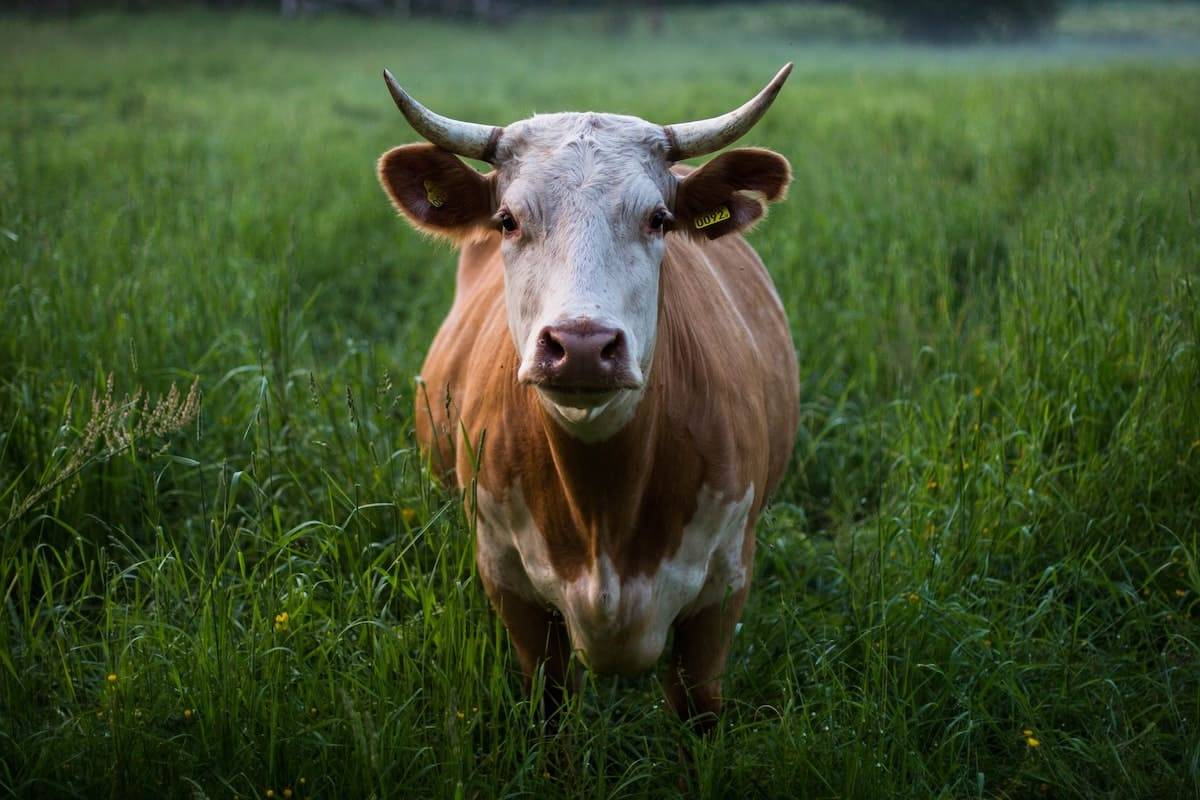
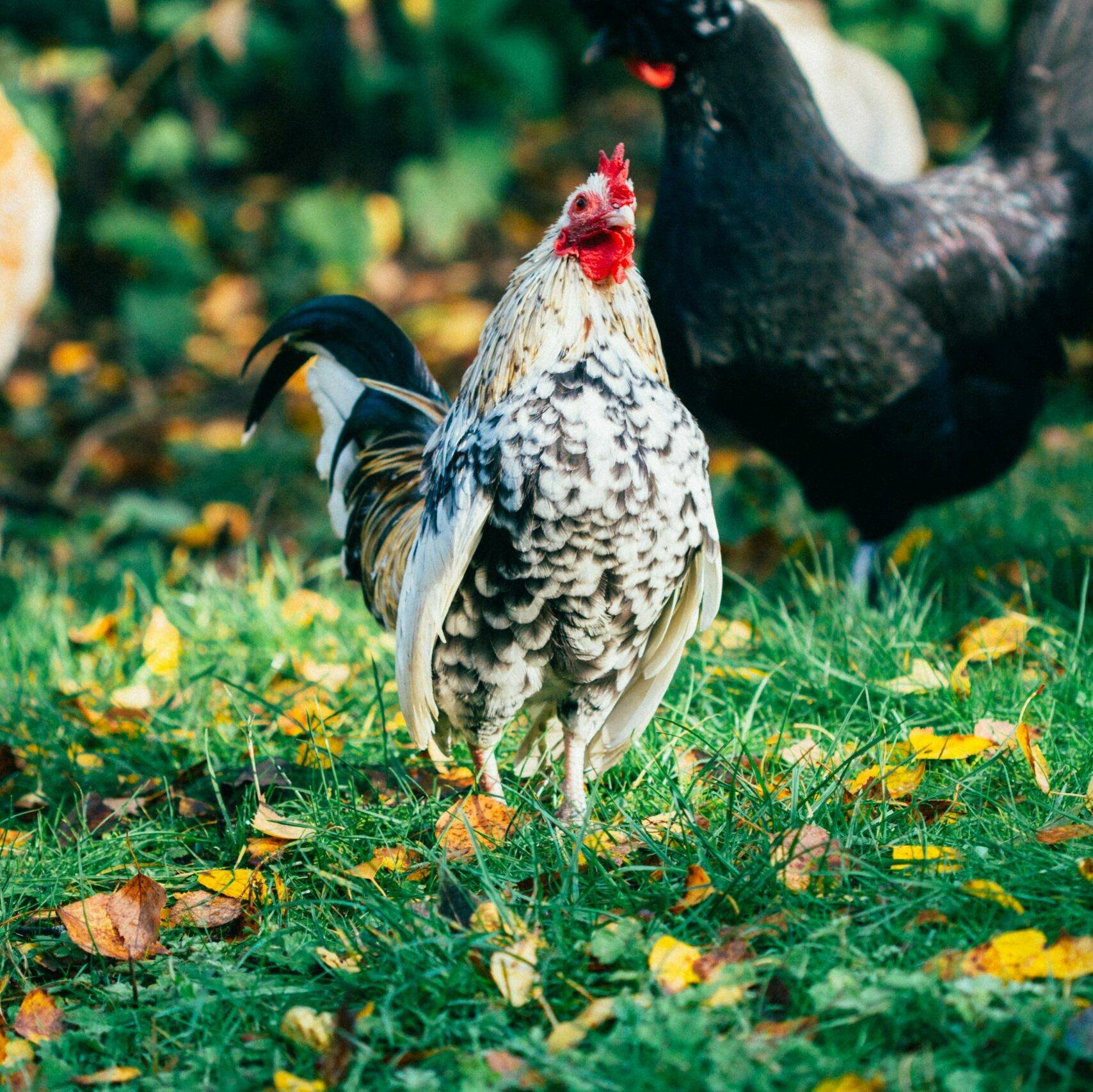


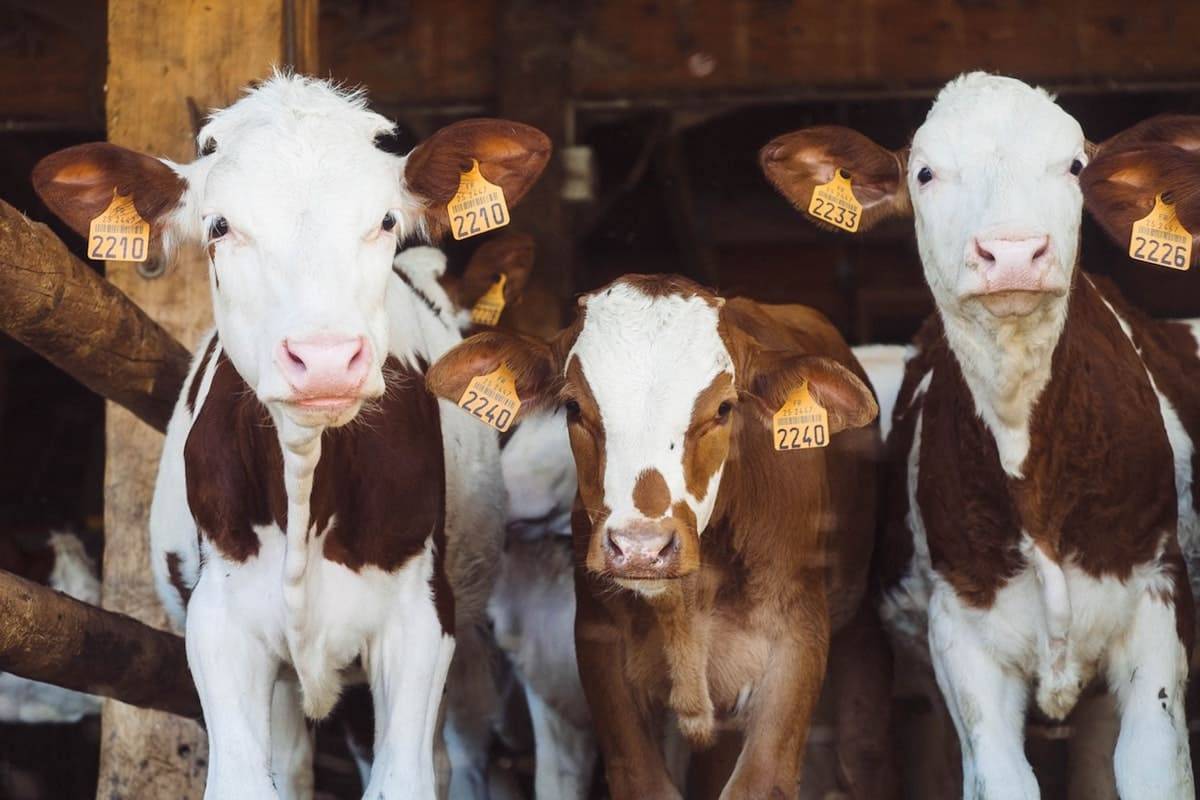

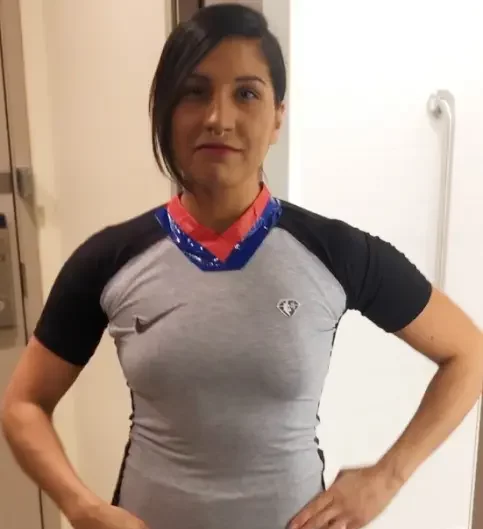


Isaac Farias

Tony Hoppe

Tanaka Granberry

Cordelia Stone

Dani Rukin

Anonymous

Nisha Kumar

Anonymous

Nisha Kumar

Matthew Cooper

Christina Liu

Anonymous

Dani Rukin

Cameron Mehta

AJ Jivdaya

Amber Canavan

Naomi Davis

Anonymous

Isaac Farias

Naomi Davis

Anonymous

Nisha Kumar

Sasha Zemmel

Dani Rukin
What we need
Meaningful Work
Norms of self-care:
Positive thinking
Patience
Upward Movement
Where we go from here?
Through loving mentorship, conflict resolution support, increasingly difficult tasks that grow their capacity, and real ownership over work, activists can grow smoothly from passion to wisdom.
Most of us are not so lucky. Our high engagement leads to burnout or we run into a range of other pitfalls, and our passion transforms to defeat.
Meaningful Work
Organizers can care for new activists by giving them credible and meaningful ways to make real change in the world. Make sure they understand why their work is important. Celebrate positive outcomes, no matter how small.
In this stage, it’s particularly important for organizers to give away work that encourages activists to grow their capacity. Don’t let people get stuck in low levels of engagement. Encourage activists to contribute in ways that stretch their capacity and force them to gain skills.
Norms of self-care:
Understand that while high levels of engagement can be joyful, eventually, they can lead to burnout. Encourage breaks, vacations, maintaining relationships outside the movement, and self-care. Sometimes, norms of poor self-care can exist in a community without anyone meaning to create them. Correct them when you notice their cues.
One example of this used by a participant was when an organizer would talk about the urgency of the problem of animal agriculture as a way to motivate others. Another example of this may be an organizer regularly talking about how little sleep they get as a way to explain away poor performance. While it can be appropriate to receive emotional support from co-organizers on either of these topics, beware of making light of poor self care or citing urgency as a way to demand more or better work. These can create a culture of overworking that will lead to burnout- and burnout means less work gets done over time, not more. Instead, leaders should be role models of a healthy balance between the movement and other parts of their lives.
Positive thinking
When describing the most inspiring moments in participants’ careers, a wide range of stories came up, generally describing some kind of success or show of movement power.
Interestingly, sometimes, one person’s most inspiring moment is another’s least. On several occasions, a most inspiring moment for one participant was described by another as a low point or as an example of leadership’s misstep, such as a particularly controversial DxE disruption.
In another few instances, a participant who was asked about a high or low point of their activism used one story to relay both a high and low point. These point to the power of framing outcomes as victorious and focusing on the positive impacts of actions, even when they didn’t go according to plan.
While this advice on framing outcomes as victories has been written about before, I always thought of this as something I did for other activists. I thought that I was supposed to manage my feelings of defeat privately, and then report back to others that we were winning and this was why. What I heard participants do, when they ended their story about a low point in a high point, was turn the power of that victory framing on themselves.
An example of this was Cordelia Stone, when asked about a low point in organizing, described an AV Cube event that, despite her best attempts at promotion, drew out no volunteers besides her partner. She went ahead with the two person event and described a successful event with numerous meaningful conversations.
Another example was Amber Canavan, citing a Veg Fest she organized with low turnout, which then inspired someone to organize a more successful event in the same city.
Surely, organizers are also activists, and caring for our own motivation is a smart way to care for others. I want to be clear that these victory framings were not delusional- organizers were articulate in where their political losses lay and what they would like to have done differently. The surprising cognitive tactic was in how fully they celebrated the victories within the defeats.
Patience
Rather than the extreme humility described earlier, some new activists instead present with insufferable puppy energy. They have a million ideas and many of them are pretty bad. They might seem a little too interested in the more glamorous roles. They’re blowing up the group chat and generally coming on way too strong.
Activists in this stage need, most of all, patience. Resist the urge to take it personally or suggest that they might be infiltrators. You might notice thoughts like, “They’re really overstepping”, “This person doesn’t seem to respect me”, “Why wasn’t I consulted first?” and “They’re trying to take over.” While frustration is understandable, do your best to assume good intentions.
Celebrate their desire to contribute, and hold that celebration while you give them feedback if their behavior is making it hard to work with them, help to develop their ideas if they aren’t in line with your organizational values, and encourage them to learn more about Nonviolence and your theory of change. As discussed in more depth later on, organizations must have a conflict resolution policy. Intervene early and often to resolve tensions involving enthusiastic new activists. Imagine the patience you’d like to extend to a new puppy who needs to learn both that humans are safe and shoes aren’t for chewing.
Upward Movement
Savvy organizers should be looking for ways to build movement capacity for its own sake and moving activists up a ladder of engagement. There is no reason to wait until you feel a pressing need to ask for help; remember that your invitation to do more work may be a crucial moment in someone’s relationship with the movement.